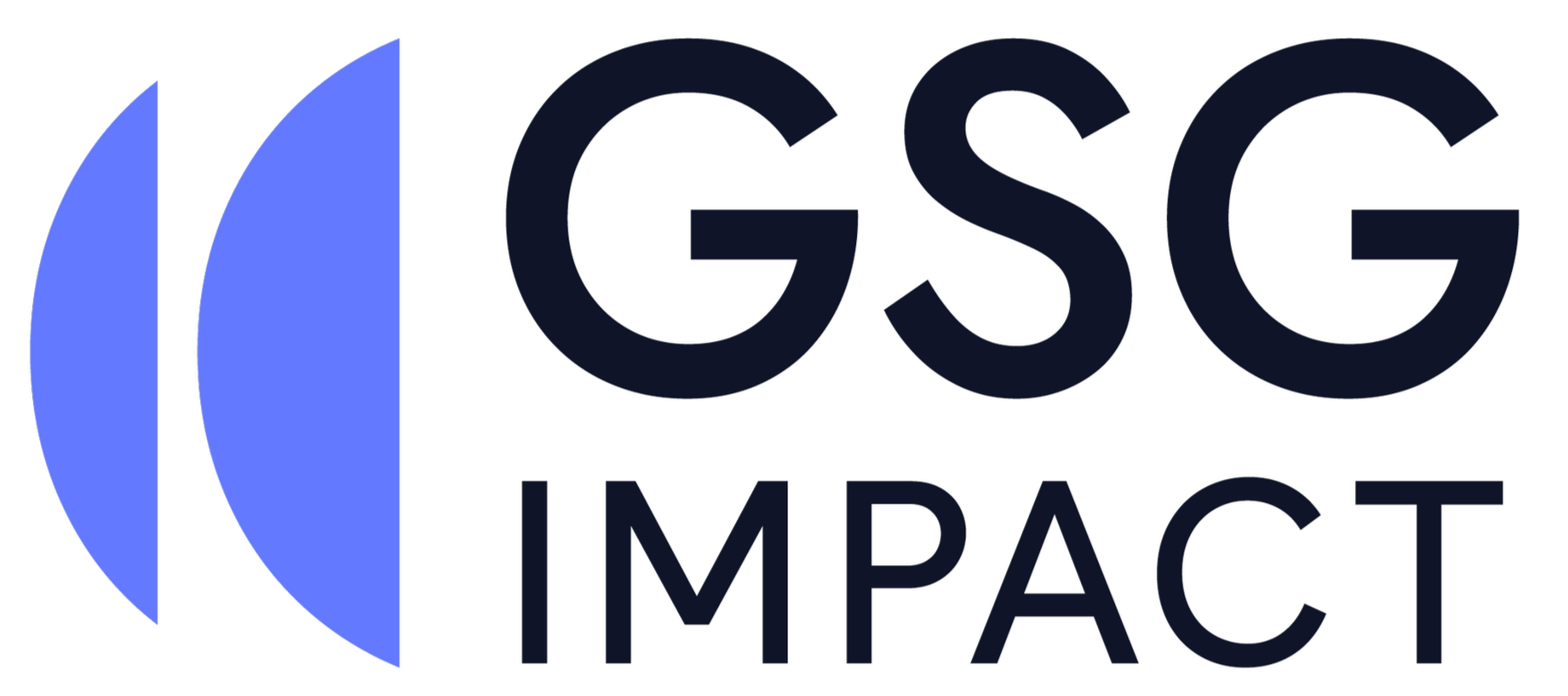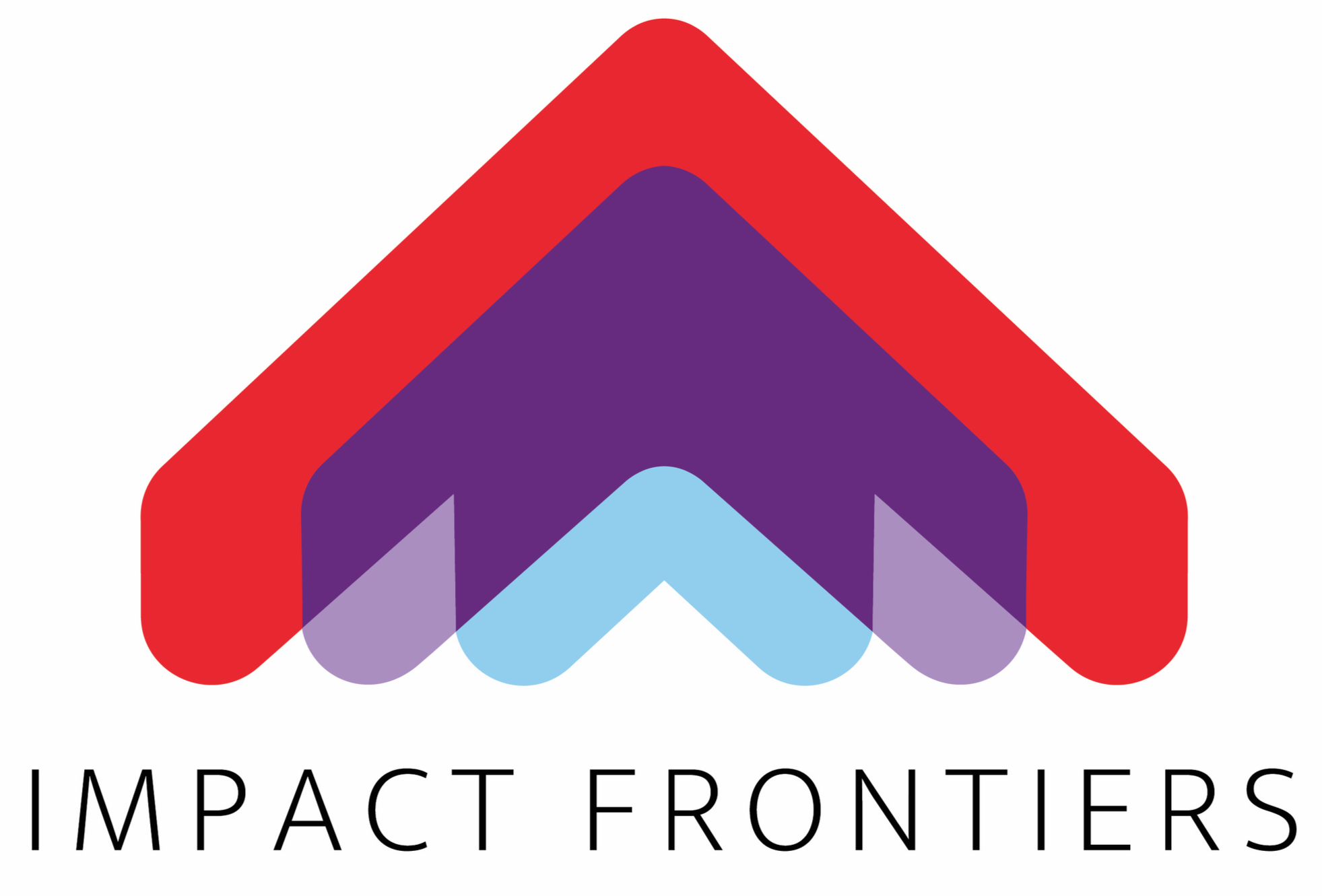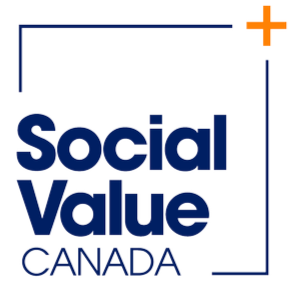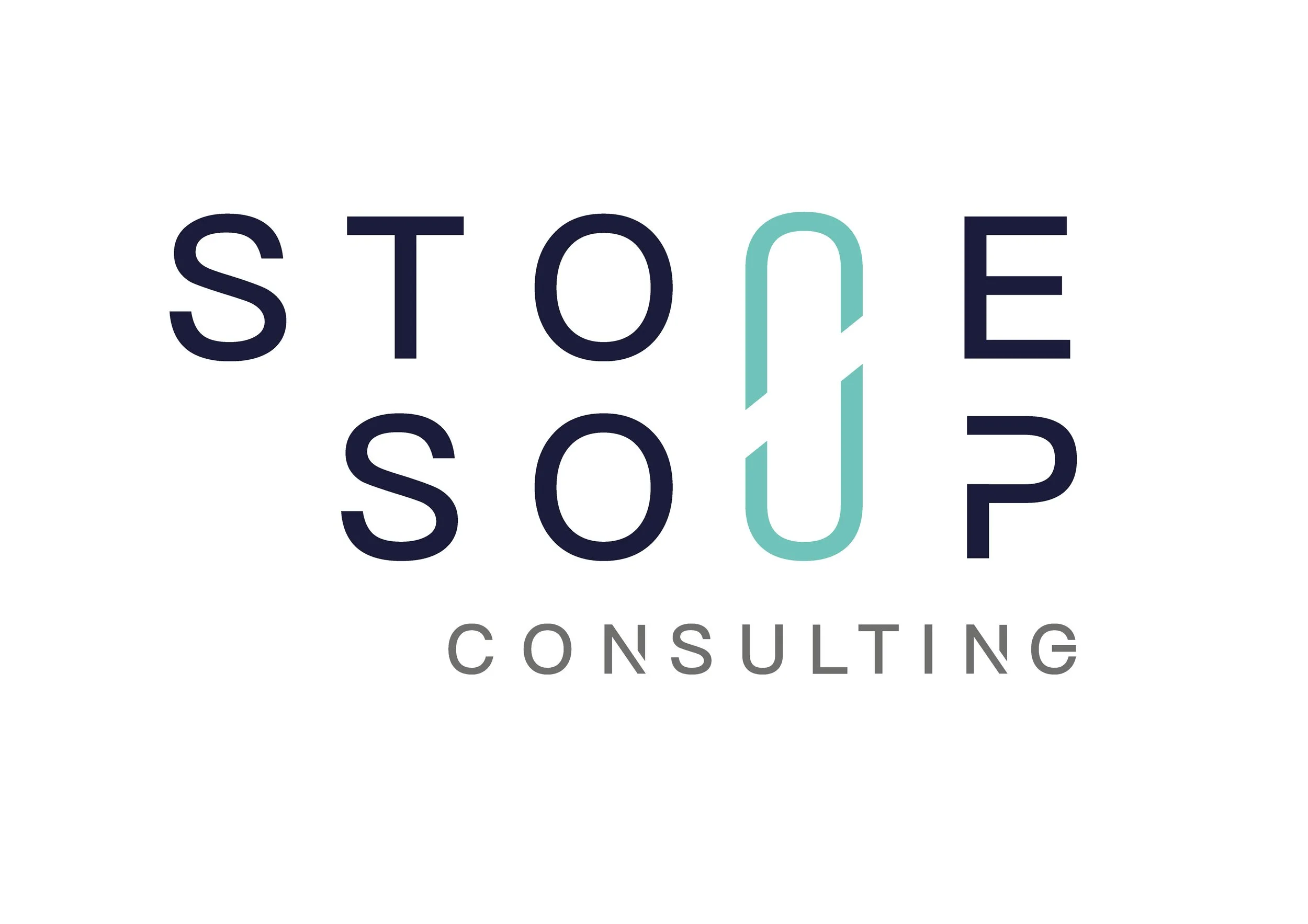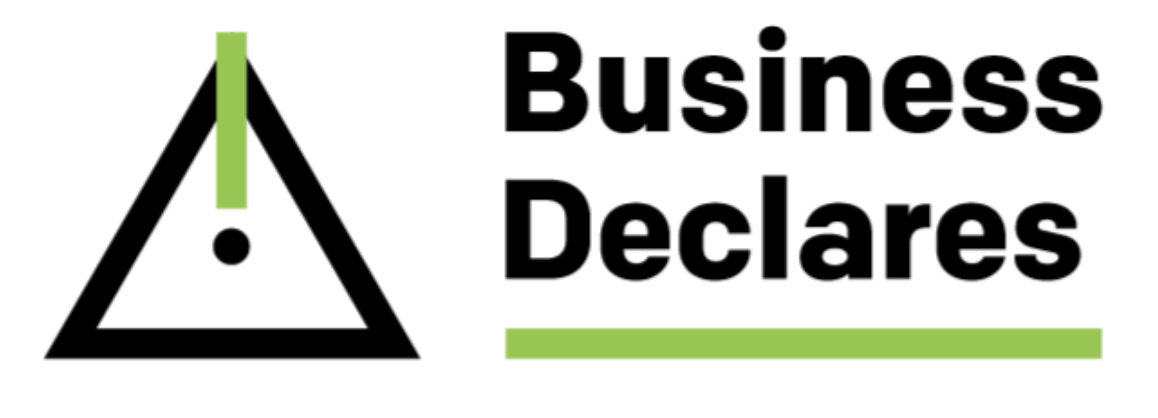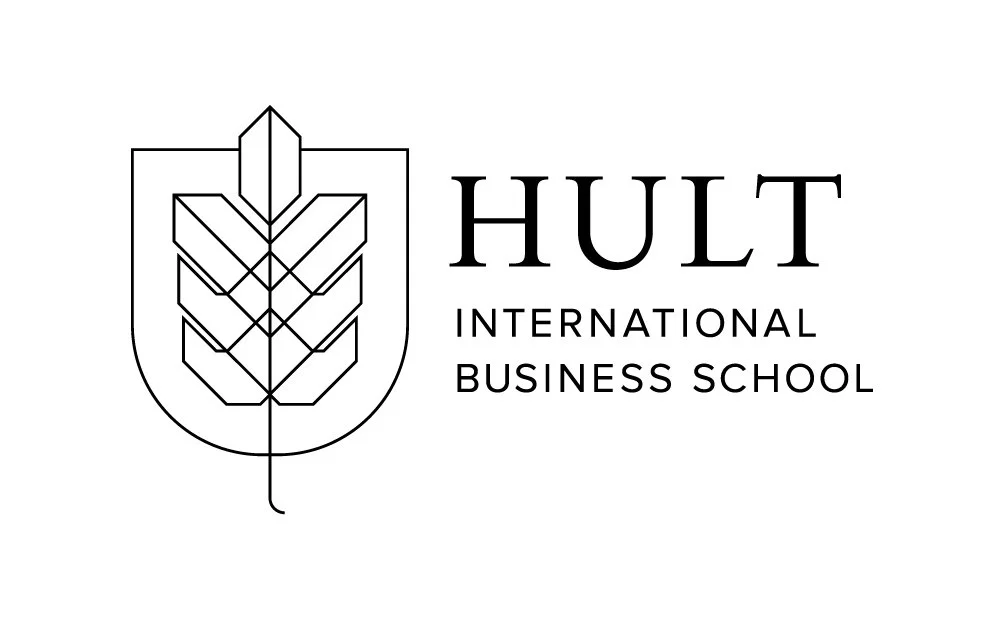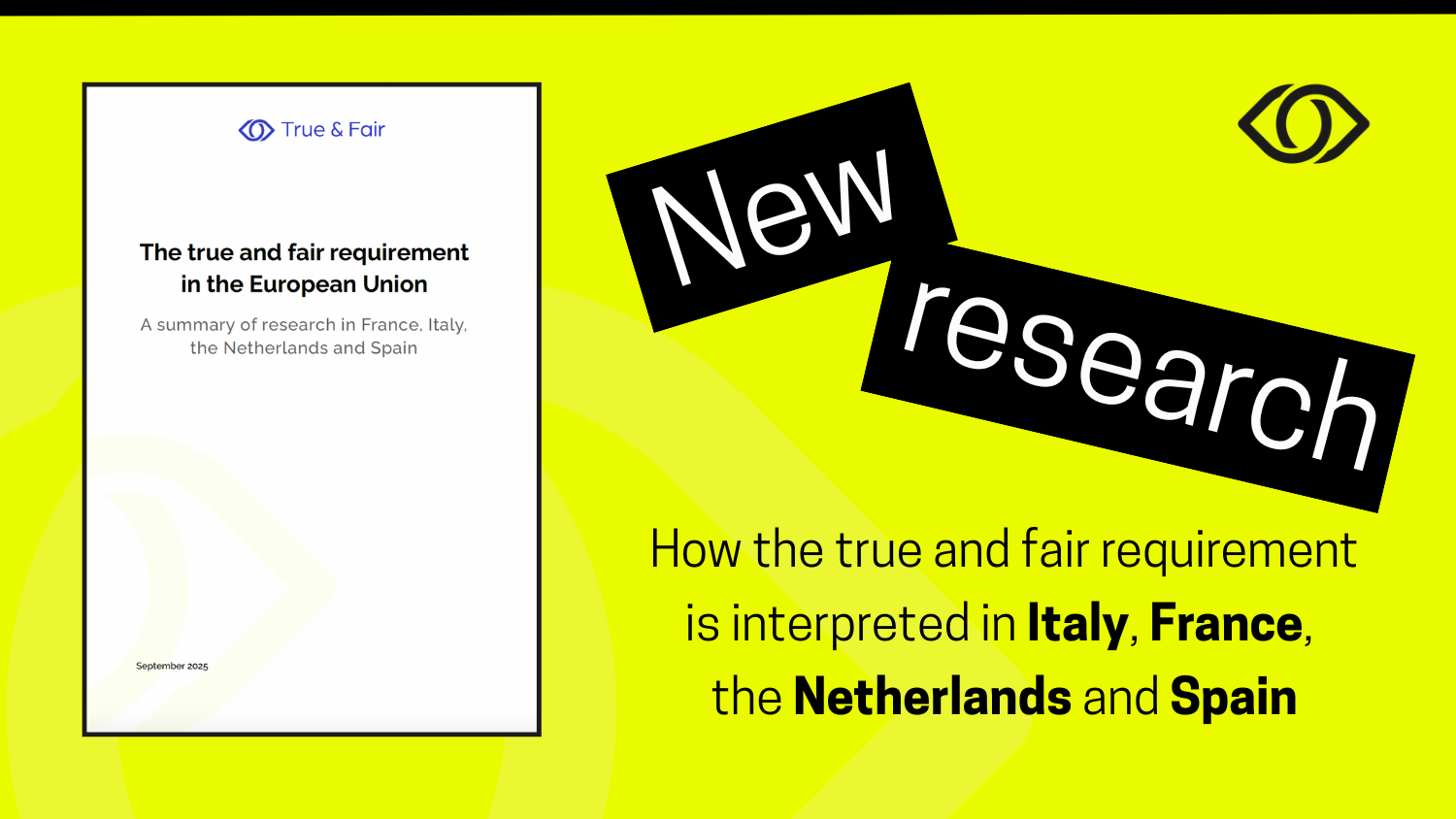
The True & Fair Project challenges how profit is calculated by revealing the hidden costs behind it - like carbon use, water consumption, and unpaid labour. These costs may not show up on a balance sheet, but society pays the price.
Hosted by SVI, the Project supports the inclusion of these impacts and dependencies in financial statements, using existing legal and accounting frameworks around the world to present a true and fair view.
Who is this for?
Company directors
to strengthen the resilience of businesses by deciding when and how to disclose hidden costs in financial statements
Investors
and investor networks
to help manage the risks arising from the impacts and dependencies within portfolios
Accountants
and accounting bodies
to provide guidance that explores existing, relevant legislation and accounting standards
Be part of the Project
Explore our growing body of guidance
Read the Guide for UK Company Directors
Access guidance

Backed by
Hosted by
Partnered with
Supported by
What others say about the True & Fair Project












The Project Team
Ben Carpenter
CEO of SVI
Jo Fackler
Director of Global Affairs at SVI
Jeremy Nicholls
Senior Advisor to
SVI
Sara Williams OBE
Senior Advisor to
SVI
Ainurul Rosli
Global Survey Lead
News
FAQs
-
The name references the legal requirement in many jurisdictions for directors to approve financial statements that give a “true and fair” view. The True & Fair Project challenges whether this is possible when an organisation has contributed to negative externalities, but the cost of those externalities has not been included in the financial statements.
-
We’re asking company directors to take responsibility for the real-world costs of doing business by recognising relevant externalities in financial decision-making. The following ways can help ensure these costs are more likely to be considered in decision-making:
Directors may conclude that information relating to these externalities should be disclosed as a note to the accounts in order for the accounts to give a true and fair view.
Directors can use existing accounting standards to make commitments that create a constructive obligation, thereby recognising a liability on the balance sheet.
In either case, the goal is transparency and accountability in financial statements.
In turn, we are encouraging investors to highlight company impacts in their portfolio that may create ongoing costs or obligations, especially where these impacts arise from past decisions. They can also ask directors to consider whether these impacts should be added to the financial statements in order for them to give a true and fair view.
-
In many jurisdictions, directors are required by law to ensure that company accounts give a true and fair view – and that includes considering companies’ relevant sustainability impacts and dependencies.
A legal opinion commissioned by Social Value International confirms that, under UK law, directors must consider sustainability-related matters if they are relevant to a company’s financial position or performance – including potential obligations to address harm caused by the company. Related research has also explored how the true and fair requirement applies in other jurisdictions, including France, Spain, Italy, and the Netherlands.
-
Yes! The requirement for directors to approve accounts that give a ‘true and fair view’ exists in many jurisdictions around the world.
We’re working with SVI’s Global Network and other international partners to develop region-specific guidance that reflects local legal frameworks and accounting standards, and supports action in those regions. You can find what’s been published so far here.
-
No. This isn’t about introducing a tax or regulatory fee. It’s about how companies can recognise the real-world costs associated with their operations, costs they don’t currently pay for.
Companies already pay for the things they depend on, like wages and rent. Why should paying for the impacts they cause, or for the resources they rely on, be any different?
-
The amount to be paid is based on the nature of the commitment being made. While the decision is one for the directors, they should use a consistent and reliable approach that supports decisions in line with both the company’s objectives and the directors’ duties.
For example, if the commitment is to accept responsibility for the societal consequences of carbon used, then the appropriate basis for valuation would be a social cost of carbon.
While there are many approaches to calculating the social cost of carbon, these are continually changing, and an approach that is transparent and supportable should provide a reliable basis.
-
No, carbon is only part of the picture. The True & Fair Project is about recognising any relevant cost a company creates or depends on to operate, even if that cost doesn’t currently show up in the accounts. That could include things like, for example, the company’s reliance on underpaid wages in its supply chain, pollution caused by one of its factories, or its pressure on local water supplies.
If the company is doing harm to people or the planet, and relies on that to stay profitable, it is creating real costs – and someone, somewhere, is having to pay the price.
-
When a company creates a constructive obligation, it is committing to making a payment to address a harm or reduce its dependency on someone or something. This isn’t the same as a voluntary offset.
The True & Fair Project focuses on reduction first by encouraging the implementation of constructive obligations that incentivise the reduction of negative externalities. As companies take more responsibility for their negative externalities, the need for offsets should diminish over time.
Want to be a part of the True & Fair Project?
We’d love to hear from you.
Whether you're a company director, investor, accountant, or simply interested in the aims of the True & Fair Project, we welcome your interest.



















